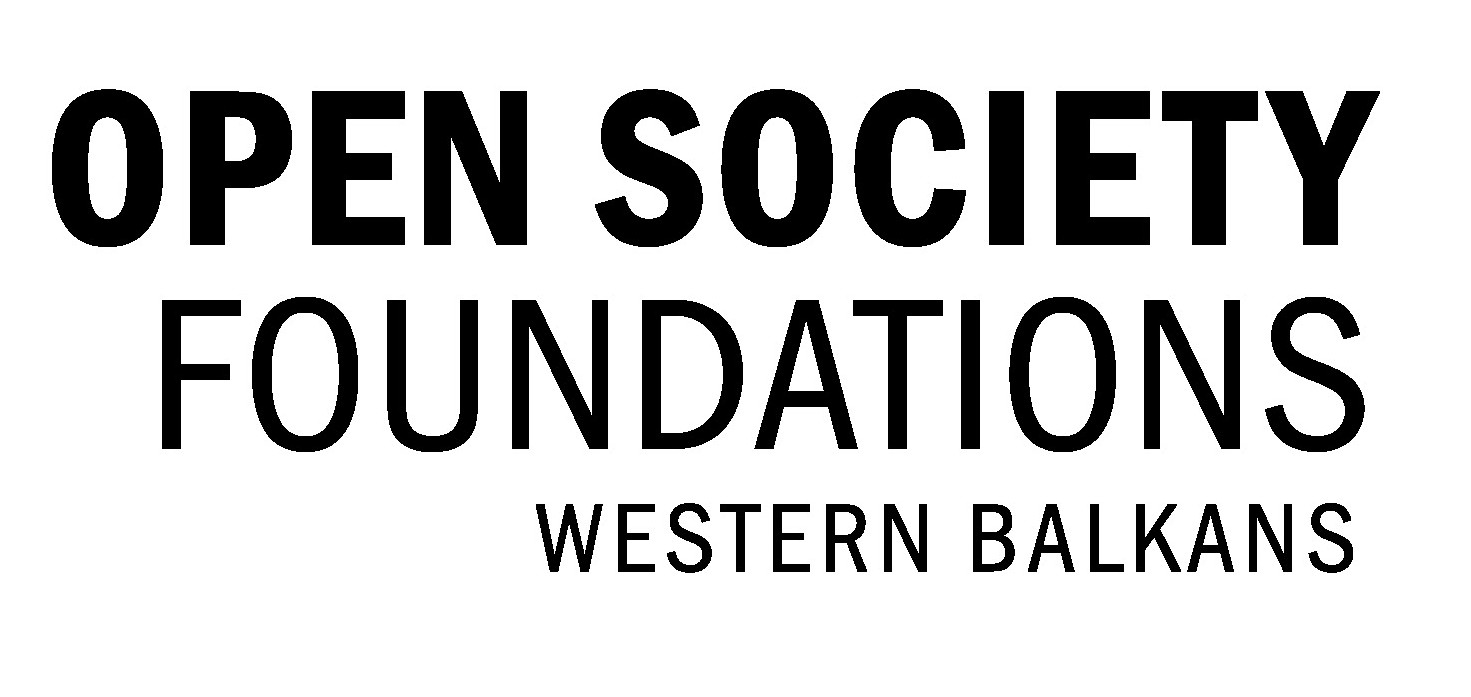Instability in a Stabilitocracy – the Significance of the Protests in Serbia
Serbia is facing its most serious political crisis since the early 2000s. Triggered by the tragic collapse of a canopy at the Novi Sad railway station in November 2024, which claimed 16 lives, student-led protests have continued for more than ten months.
Our paper summarizes the current protests in Serbia, examining their root causes, demands, and expectations. It analyzes the evolving perceptions and popularity of the protests in contrast to the Serbian government and President Aleksandar Vučić. The unique characteristics of these demonstrations are explored to understand their essence and potential for success. Furthermore, regional and international implications are discussed, highlighting the importance of the Serbian protests for the broader Western Balkans (and Hungary), and how the Serbian regime’s international reputation, particularly concerning its so-called multivector foreign policy, might shift in the eyes of its key international allies.
Disclaimer:
This policy paper is implemented by Political Capital, supported by Open Society Foundations – Western Balkans. Views and opinions expressed are those of the author(s) only and do not necessarily reflect those of the Open Society Foundations – Western Balkans.
Find all materials produced as part of the project “Surviving Small-State Existence in the Western Balkans” here.



